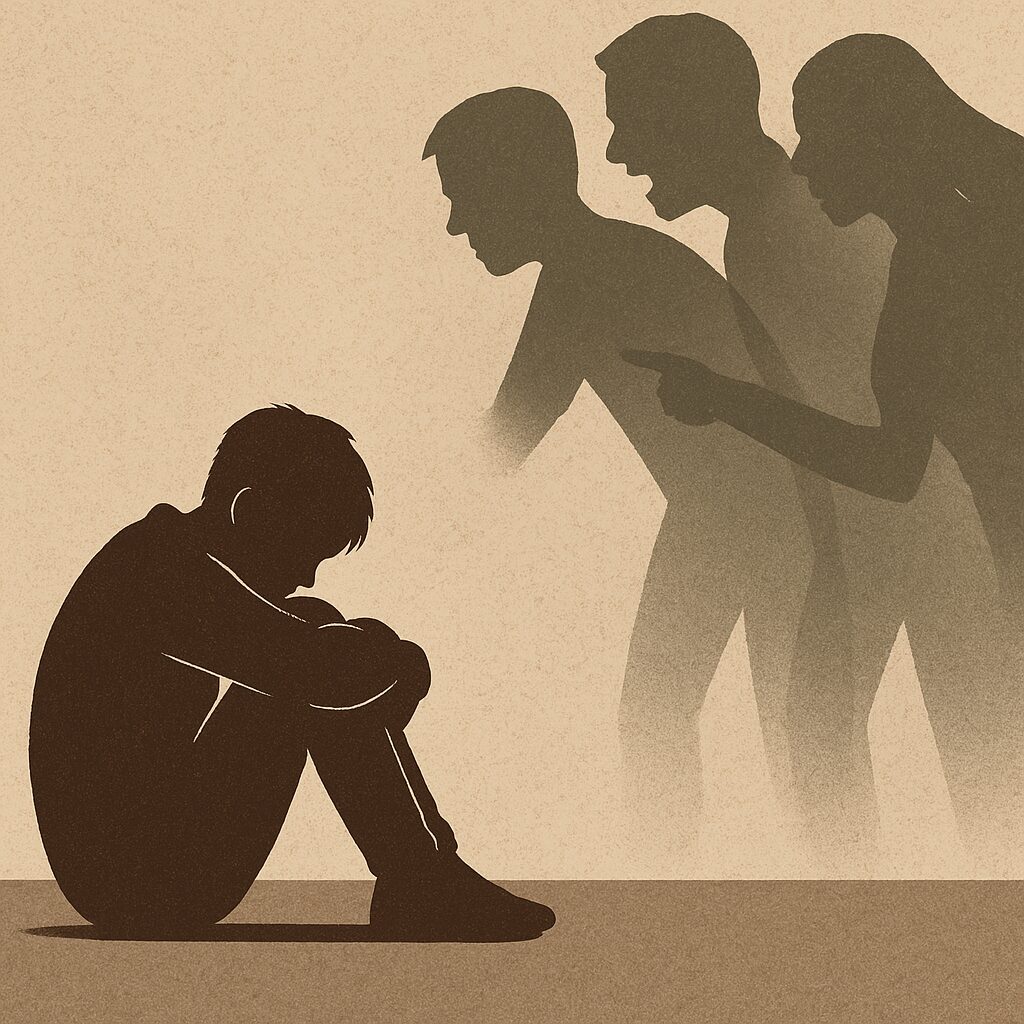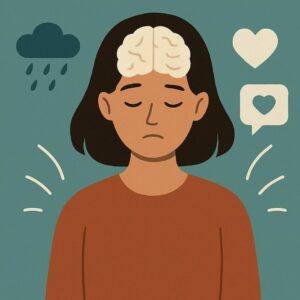Reclaim Your Voice: The Devastating Mental Health Toll of Bullying —and How to Heal
Discover how bullying impacts mental health, from anxiety to depression, and learn actionable steps to support yourself or someone you love. End the silence. Break the cycle.
Getting bullied is more than a schoolyard problem—it’s a serious mental health issue. It affects people of all ages. Whether it’s verbal taunts, online harassment, or physical aggression, bullying leaves emotional scars that can last a lifetime. As awareness of mental health grows, it becomes even more vital to understand how bullying can deeply impact a person’s well-being.
What Is Bullying?
Bullying involves repeated aggressive behavior aimed at hurting or intimidating someone seen as vulnerable. It can take many forms:
- Physical (e.g., hitting or pushing)
- Verbal (e.g., insults or threats)
- Social (e.g., exclusion or spreading rumors)
- Cyberbullying (e.g., harassment via social media or text)
Regardless of how it shows up, bullying often leads to the same painful outcome: the loss of self-esteem, emotional safety, and peace of mind.
The Mental Health Impact of Bullying

1. Anxiety and Depression
People who are bullied are more likely to develop anxiety or depression. These effects don’t just fade—they can continue long after the bullying ends. Victims often feel hopeless, isolated, and constantly on edge.
In fact, the Canadian Mental Health Association (CMHA) reports that bullied youth face a much higher risk of mental health issues and suicidal thoughts.
2. Post-Traumatic Stress Symptoms
Being bullied repeatedly can lead to symptoms similar to Post-Traumatic Stress Disorder (PTSD). For example, a person may relive traumatic moments, have nightmares, or avoid specific places and people that remind them of the bullying.
3. Lower Academic and Work Performance
The emotional toll of getting bullied doesn’t stay at home. At school or work, it can impact focus, memory, and productivity. Over time, this can hurt a person’s motivation and self-worth.
4. Self-Harm and Suicidal Thoughts
In severe cases, bullying can push someone to self-harm or even consider suicide. A 2023 study published in JAMA Psychiatry found a strong link between frequent bullying and increased suicide risk, especially in teens.
What You Can Do
If You’re Being Bullied:
- Talk to someone you trust. Sharing your experience helps reduce isolation.
- Document what happens. Keep track of incidents in case you need to report them.
- Seek professional support. A therapist can help you process trauma and rebuild confidence.
- Remind yourself it’s not your fault. The problem lies in the bullying behavior, not in you.
If You Witness Bullying:
- Speak up when it’s safe. Your support can mean everything to someone being targeted.
- Report what you see. Staying silent can make the problem worse.
- Offer kindness. A simple message like “You’re not alone” can help more than you think.
If You’re a Parent or Educator:
- Create a safe space. Encourage open conversations and emotional honesty.
- Model empathy. Children and teens learn how to treat others by watching adults.
- Take all reports seriously. Brushing off a student’s concern can lead to deeper emotional harm.
Healing Is Possible
The effects of getting bullied may be deep, but healing is absolutely possible. With the right support, individuals can recover and reclaim their mental health. Collectively, we can break the cycle by listening, validating, and advocating for a more compassionate world.
Book a free 15-minute consutation today!
click on “book” to get started
Bullying isn’t just a behavior—it’s a mental health crisis. By understanding its impact and stepping in when needed, we can build safer schools, workplaces, and communities. Everyone deserves to feel seen, valued, and safe.
If you’re experiencing this, explore different types of therapy in our other blogs and find the right one for you. At RP Psychotherapy, our compassionate team offers evidence-based approaches tailored to your needs, helping you heal from the effects of bullying and regain your sense of self.

